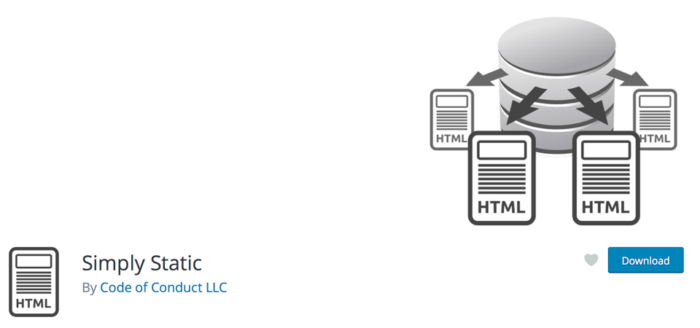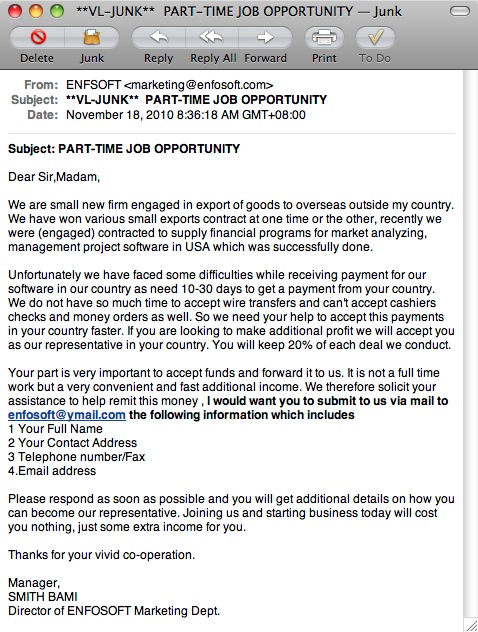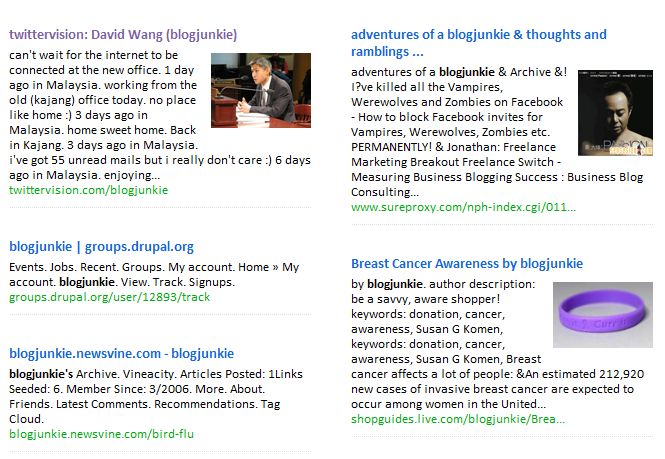A static website is an ideal format to archive a WordPress site because it is a plain HTML copy of the website. It doesn’t require PHP and MySQL, so the website is hack-proof and very fast. Here are step-by-step instructions on how to convert a WordPress website into a plain HTML, static website with the Simply Static plugin.

Step 1: Prepare your website
Since the static website will not have PHP, it won’t be able to process dynamic actions like form submissions. Disable or replace comments and contact forms with hosted alternatives (e.g. Disqus and Wufoo respectively).
Infinite scroll and dynamic “Load more” post functionality will be unavailable too, so convert your pagination to plain next/previous or numeric links.
Update the content to be an evergreen version of the website. Maybe you want to remove the dates from your posts. Remember, the website is going to stay like this forever (or for a very long time at least).
Deactivate all unnecessary plugins. You won’t need security and utility plugins any more.
Finally, backup your website. You never know when you may want to revive it.
Read More »




 Clueless email recipients are enticed by the prospect of an easy way to make money online and some will actually respond and apply to be the representative of ENFOSOFT. In actual fact they are being recruited as mules.
Clueless email recipients are enticed by the prospect of an easy way to make money online and some will actually respond and apply to be the representative of ENFOSOFT. In actual fact they are being recruited as mules.




